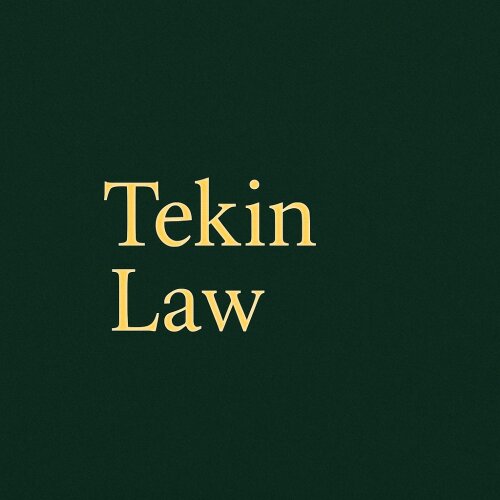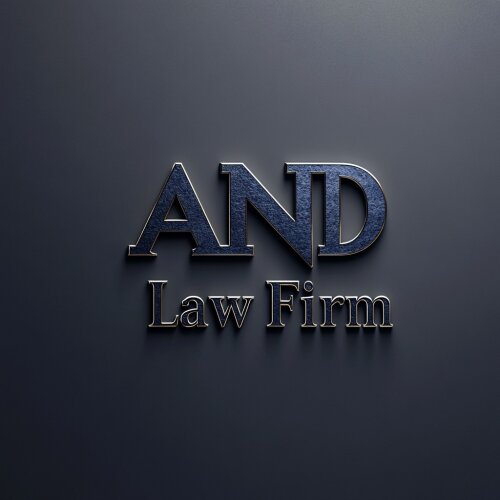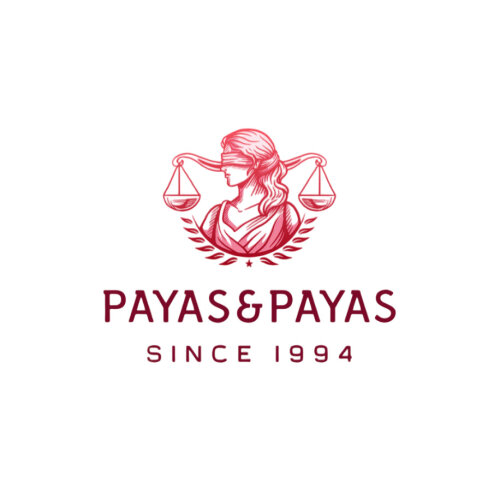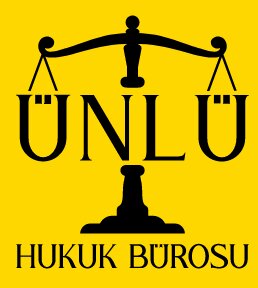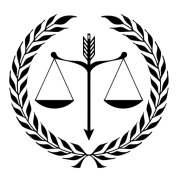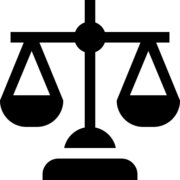Best White Collar Crime Lawyers in Turkey
Share your needs with us, get contacted by law firms.
Free. Takes 2 min.
Or refine your search by selecting a city:
List of the best lawyers in Turkey
Legal guides written by Tekin Law Firm:
- Arbitration in Turkey
About White Collar Crime Law in Turkey
White collar crime in Turkey refers to non-violent, financially motivated crimes typically committed by business professionals and public officials. These crimes often involve deceit, breach of trust, or concealment to gain undeserved monetary benefits. Common white collar crimes in Turkey include fraud, embezzlement, bribery, money laundering, and forgery. The Turkish legal system has specific provisions aimed at combating white collar crime, ensuring economic stability, and promoting fairness in business practices.
Why You May Need a Lawyer
Individuals may require legal help in white collar crime situations for several reasons. If you are accused of or being investigated for a white collar crime, legal representation is crucial to ensure your rights are protected and to navigate the complexities of the legal procedures involved. Companies might need legal assistance when they suspect fraud within their organization or when they're under investigation for regulatory non-compliance. Victims of white collar crimes also seek legal advice to recover financial losses and prosecute offenders.
Local Laws Overview
Key aspects of local laws relevant to white collar crime in Turkey include the Turkish Penal Code, which outlines specific offenses such as embezzlement (Article 155), fraud (Article 157), and bribery (Article 252). The country has established the Financial Crimes Investigation Board (MASAK) to combat and prevent financial crimes, including money laundering. Moreover, corporate governance law plays a significant role in preventing white collar crimes by promoting transparency and accountability. Companies are also subject to regulations mandated by the Capital Markets Board of Turkey, particularly when dealing with fraud and market manipulation.
Frequently Asked Questions
What constitutes a white collar crime in Turkey?
White collar crimes in Turkey are generally non-violent offenses committed with the intent to generate financial gain through fraud, deceit, or breach of trust. Examples include embezzlement, insider trading, and tax evasion.
Are there specific laws targeting white collar crimes?
Yes, the Turkish Penal Code contains comprehensive sections addressing various white collar crimes, including fraud, bribery, and embezzlement. Additionally, financial regulatory bodies enforce laws to combat financial crimes.
What are the penalties for white collar crimes in Turkey?
Penalties for white collar crimes can vary depending on the severity and nature of the offense. They often involve imprisonment, heavy fines, and compensatory damages to victims.
Can companies be held liable for white collar crimes?
Yes, companies can be held legally responsible for white collar crimes committed by their employees if it is proven that the company failed to implement adequate measures to prevent such offenses.
How can one defend against white collar crime charges?
Defense strategies may include proving lack of intent, demonstrating compliance with legal standards, or highlighting procedural errors in the prosecution’s case. It is crucial to seek expert legal counsel for defense.
What role does MASAK play in white collar crime cases?
The Financial Crimes Investigation Board (MASAK) plays a significant role in detecting, investigating, and preventing financial crimes, including money laundering and other white collar offenses. It collaborates with law enforcement and regulatory agencies.
Can victims of white collar crimes seek compensation?
Yes, victims can seek compensation through civil litigation for financial losses resulting from white collar crimes. Legal assistance can help navigate the process of proving damages in court.
Is whistleblowing protected under Turkish law?
Whistleblowers are afforded certain protections under Turkish law. However, comprehensive legal reform is still ongoing to encourage and protect individuals who disclose illegal or unethical practices within organizations.
How does one report a suspected white collar crime?
Suspected white collar crimes can be reported to local law enforcement agencies, regulatory bodies, or directly to MASAK. It's advisable to collect evidence and seek legal advice before making a report.
What is the statute of limitations for white collar crimes in Turkey?
The statute of limitations can vary depending on the specific crime but generally ranges from 5 to 20 years. Legal consultation can provide detailed guidance based on individual cases.
Additional Resources
For more information, individuals can turn to resources such as the Financial Crimes Investigation Board (MASAK), the Capital Markets Board of Turkey, and local bar associations. Law firms specializing in white collar crime can also provide valuable insights and legal representation.
Next Steps
If you are in need of legal assistance regarding a white collar crime, consider consulting a lawyer with expertise in this area. Gather any pertinent documentation or evidence related to your case. Schedule a consultation to discuss the specifics of your situation, and explore potential legal remedies or defense strategies. Early legal intervention can significantly impact the outcome of any investigation or legal proceeding.
Lawzana helps you find the best lawyers and law firms in Turkey through a curated and pre-screened list of qualified legal professionals. Our platform offers rankings and detailed profiles of attorneys and law firms, allowing you to compare based on practice areas, including White Collar Crime, experience, and client feedback.
Each profile includes a description of the firm's areas of practice, client reviews, team members and partners, year of establishment, spoken languages, office locations, contact information, social media presence, and any published articles or resources. Most firms on our platform speak English and are experienced in both local and international legal matters.
Get a quote from top-rated law firms in Turkey — quickly, securely, and without unnecessary hassle.
Disclaimer:
The information provided on this page is for general informational purposes only and does not constitute legal advice. While we strive to ensure the accuracy and relevance of the content, legal information may change over time, and interpretations of the law can vary. You should always consult with a qualified legal professional for advice specific to your situation.
We disclaim all liability for actions taken or not taken based on the content of this page. If you believe any information is incorrect or outdated, please contact us, and we will review and update it where appropriate.
Browse white collar crime law firms by city in Turkey
Refine your search by selecting a city.





